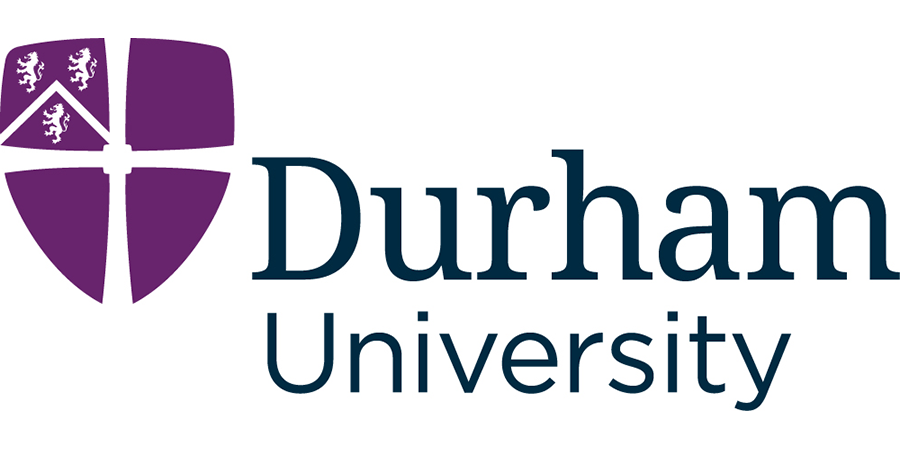Postdoctoral Research Associate in Human Geography
Durham University - Education Studies (inc. TEFL)
| Location: | Durham |
|---|---|
| Salary: | £38,784 to £41,064 |
| Hours: | Full Time |
| Contract Type: | Fixed-Term/Contract |
| Placed On: | 9th September 2025 |
|---|---|
| Closes: | 7th October 2025 |
| Job Ref: | 25001169 |
The Role
We are seeking a Research and Innovation Associate with a particular emphasis on the role of local heritage in the Green Corridors of the North East.
The aim of GCNE is to develop new co-created arts- and humanities-led research practices that will contribute significantly to the transformative regeneration of green corridors in the UK and beyond. The project will develop, spread, and scale a co-produced model of placemaking.
The project spans more than 35 miles of three green corridors in the North East: The Tyne Derwent Way in Gateshead, Durham City Green Corridor, and the Tees to Topping Green Corridor running into and out of Middlesbrough. These three green corridors are part of an ambitious programme being led by the National Trust to help work in partnership to establish 20 green corridors across England, Northern Ireland and Wales by 2030, working in urban areas to address unequal access to and deliver benefits for nature, heritage, and people. Green corridors have risen to prominence as vital tools in urban planning, as well as connecting pockets of nature, they also connect people to their natural and cultural heritage.
The objectives of the project are to (i) convene exceptional teams, bringing together research, professional and community expertise to shape and deliver change, (ii) co-develop research questions and practices that are place based, cross-cutting and focused on environment, community and storytelling; (iii) co-produce research on the four themes of (1) heritage and history (the focus of this post); (2) culture and creativity (the focus of a matching post based at Teesside University); (3) nature and natural heritage (the focus of a matching post based at Newcastle University); (4) active evaluation for learning (e.g. research conducted by team members, serving as learning and evaluation) (supported by staff in Durham and Northumbria Universities); with cross-cutting ‘super themes’ of well-being and stewardship.
This post is fixed term with funding for 27 months as the project is time limited and will end on 31st March 2028.
The post-holder is employed to work on research/a research project which will be led by another colleague. Whilst this means that the post-holder will not be carrying out independent research in his/her own right, the expectation is that they will contribute to the advancement of the project, through the development of their own research ideas/adaptation and development of research protocols.
Successful applicants will, ideally, be in post by 1st November 2025.
Advert information
Type / Role:
Subject Area(s):
Location(s):









